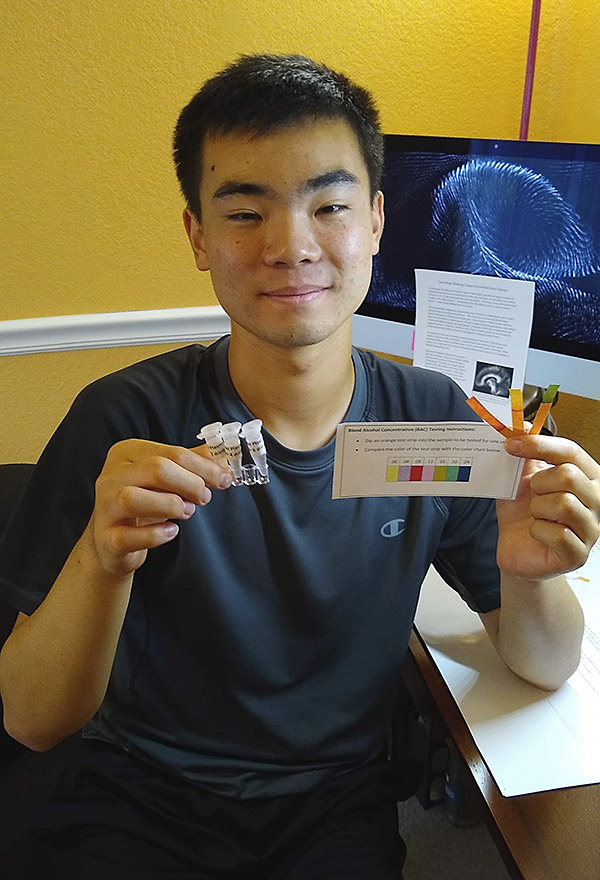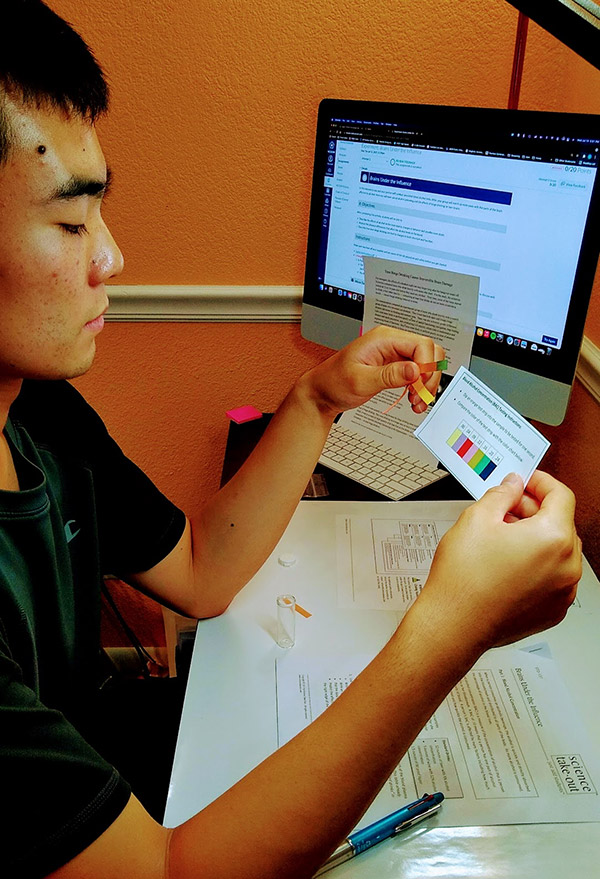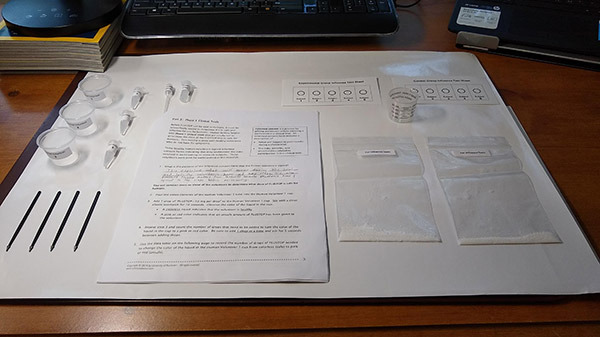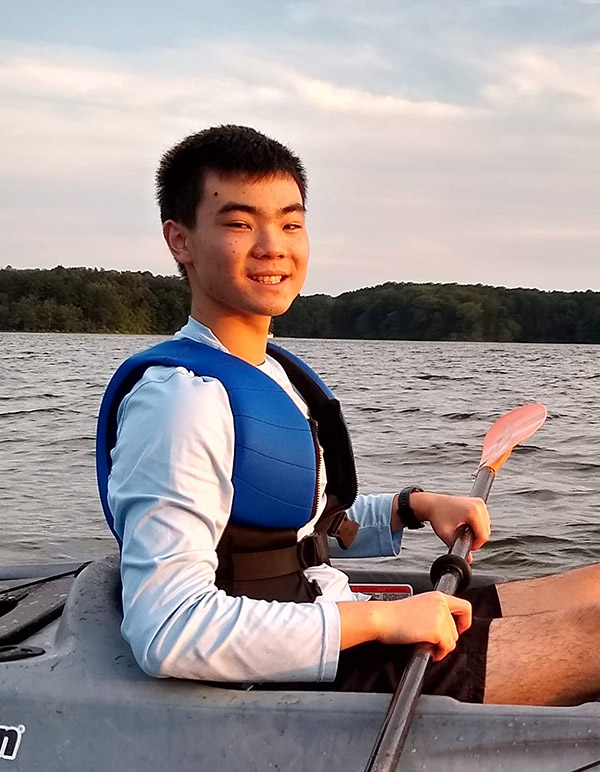Samuel Wang reports on his experiences while attending Introduction to Pharmacology at the North Carolina School of Science and Mathematics.
“I learned about Pharmacodynamics, what drugs do in the body and how they do it, and the drug development process. At the beginning of the week, I gained an understanding of pharmacodynamics as a whole and completed a summary of the four main receptors drugs target to produce their desired effect. I conducted research on the drug Plavix (Clopidogrel), which prevents blood clots and other cardiovascular-related issues. Then, I presented my findings on a discussion board with other students. This drug is largely effective but must be metabolized by the enzyme CYP2C19 that ’14% of people of Chinese descent, 4% of people of African descent, and 2% of Caucasians’ cannot produce meaning they cannot utilize Plavix,” Samuel explains.
Samuel also learned about the drug approval process and the history of why that process and current regulations were put into place. He also went through a simulated approval process as part of his drug development project. “I ‘developed’ a new flu drug called Flustop and brought it through all the steps in the lengthy and extremely rigorous FDA Drug Approval Process, until I could deliver my new and effective influenza treatment to the public, Samuel adds.
Samuel really enjoyed his final week of the Introduction to Pharmacology course. “This week, I spent time “in class” with my teacher Dr. Carla Coste Sanchez, and fellow North Carolinian peers. We used our pharmacological knowledge to study the effects of varying alcohol levels on the brain through an exciting lab,” Samuel says.
“We also learned about one of the newer fields of pharmacology called Pharmacogenomics, which is personalized medicine designed for the individual patient. Later, we discussed the ethics of such treatments because, although the drug might have greatly beneficial results, the company that made the drug now also has your entire genome entirely at their disposal,” Samuel explains.
The week ended with students presenting their final projects to the class. “My project was about the drug Allopurinol, a drug that treats the chronic disease of gout and kidney stones. This drug was #49 on the list of most prescribed drugs in the United States for 2018, and is the ‘number one’ prescribed drug used to control uric acid—the cause of painful gout attacks,” Samuel reports.
Upon completion of the course, Samuel feels he has developed a solid understanding of the fundamentals of pharmacology, and has future plans to continue learning as much as possible. He is thankful to GFF for the opportunity to pursue his passion in an engaging, challenging, and fun learning environment.
“My time with NCSSM this year has come to a close. I had lots of fun, and have learned plenty. This experience has ignited my desire to continue pursuing excellence, and not mere perfection,” Samuel says.
We are excited that you had an enriching learning experience, Samuel, and wish you the best during your continued educational journey!
>> Read Samuel Wang’s final report (PDF file, 51 KB).
>> Learn about other students’ experiences in the GFF Scholarship Program.





